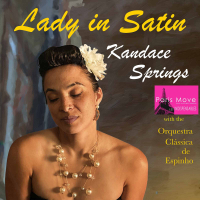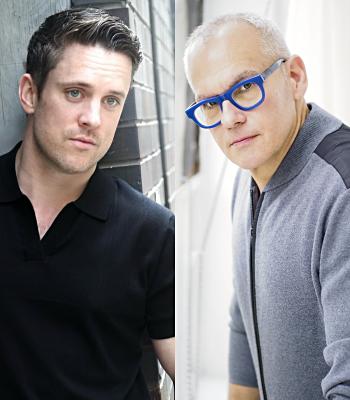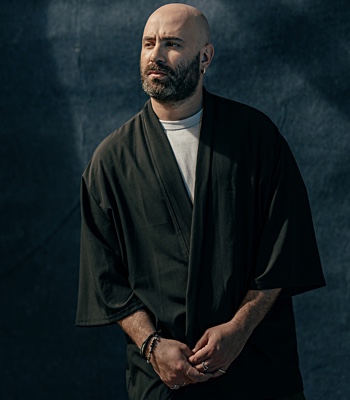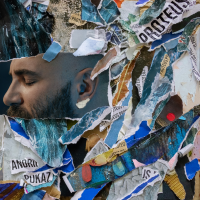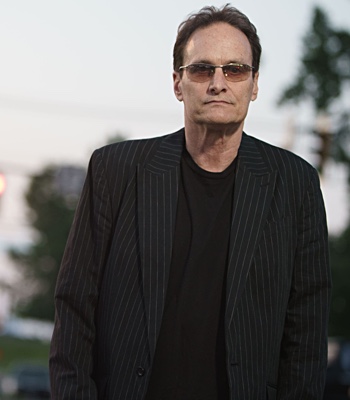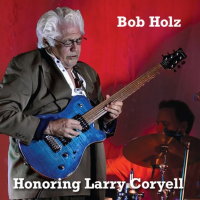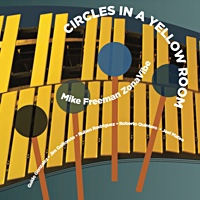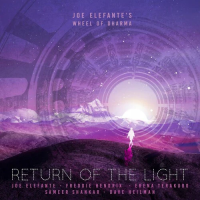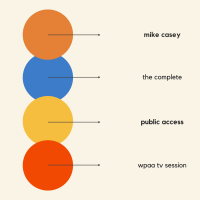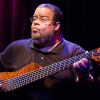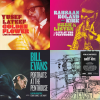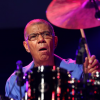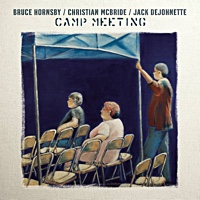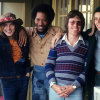Home » Search Center » Results: Louis Armstrong
Results for "Louis Armstrong"
Anna Webber’s Percussive Mechanics: Refractions

by Mark Corroto
Credit the new generation of jazz musicians for neither following tradition, nor coloring within the lines. Their music is not created within “the tradition." Unless, of course, that tradition includes maverick innovators like Anthony Braxton, Roscoe Mitchell, and John Zorn, players that, at times, have been given the label of non-jazz. This new crop of players ...
Danny Bacher at the Metropolitan Room on June 16, 25, 26, 28

Upcoming Debut CD Swing That Music! Advance EP features: Warren Vache, Bill Goodwin, Ray Drummond, Howard Alden, Houston Person & Cyrille Aimee! Danny Bacher - vocals, soprano sax Jason Teborek - piano Dean Johnson - bass Tim Horner - drums Warren Vache - cornet Jay Rodriguez ...
Greg Nagy: Stranded

by C. Michael Bailey
First, of course, is the voice. Tonally-even voices are boring. That explains the appeal of voices like Louis Armstrong's (pitch-perfect gravel in a coffee can); Richard Manuel's (pleading voice of a dying man); Levon Helm's (Scotch-Irish Delta dirt) and Neil Young's (dry ice on the range). Greg Nagy has a voice like that. It is beautifully ...
Laid-Back Jazz Guitar: Kenny Burrell and Grant Green

by Marc Davis
When I'm in the mood for jazz guitar, I have two go-to albums: Kenny Burrell's Midnight Blue and Grant Green's Idle Moments. It always surprises me. Growing up in the 1960s and '70s, I was a big fan of hard and fast rock guitars. Who wasn't? Jimi Hendrix, Jimmy Page, Keith Richards, Pete Townsend. ...
George Wein Brings Storyville To Newport Jazz Festival
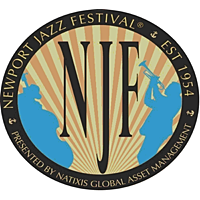
NEWPORT, RI – George Wein’s life in music took its most important turn when Newport socialite Elaine Lorillard walked into his jazz club, Storyville, with a Boston University professor in 1953. Lorillard and her husband Louis were interested in bringing some excitement to Newport and the professor thought Wein was just the person to help. From ...
Doubling; A History (Of Sorts)

A recent discussion among jazz researchers centered on the evolution of instrumentation as big bands changed through the decades. The conversation developed into exchanges about not only the makeup of band sections—rhythm, brass and reeds—but also the matter of doubling, in which individual musicians played more than one instrument and sometimes several. In the 1920s and ...
Cape Town International Jazz Festival 2015

by Mark Sullivan
Cape Town International Jazz Festival Cape Town International Convention Centre Cape Town, South Africa March 27 & 28, 2015 The Cape Town International Jazz Festival takes place over two jam-packed nights, on five simultaneous stages. Now in its sixteenth year, it also includes a number of ancillary events during festival week: ...
Duduka Da Fonseca Trio: Jive Samba
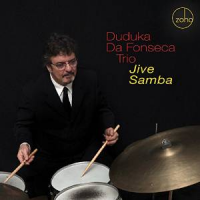
by Dan Bilawsky
The continually evolving relationship between American jazz and Brazilian music is firm proof that the power of influence often travels in two directions. Todd Barkan's liner notes for Jive Samba touch on this fact by discussing the way that these musical forces have been blending and influencing one another for more than nine decades, going all ...
Jazz Trumpet, Part 1

by AAJ Staff
Jazz trumpet is practically an art form unto itself, with a richness in terms of its greatest soloists that is hard to match. Some have even argued for it being the “classiest," most sophisticated solo instrument in jazz. Moreover, it seems that in every period of jazz history, dominant voices on trumpet have leapt ...
Coleman Hawkins

by Henk de Boer
Although Adolphe Sax actually invented the saxophone, in the jazz world the title “Father of the Tenor Saxophone" became justly associated with Coleman Hawkins (1904-1969), not only an inventive jazz giant but also the founder of a whole dynasty of saxophone players. Before Hawkins, the saxophone (itself “born" in 1846) was mainly a favorite in marching ...


